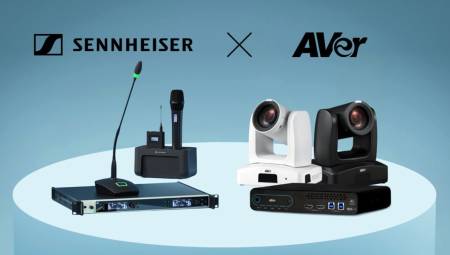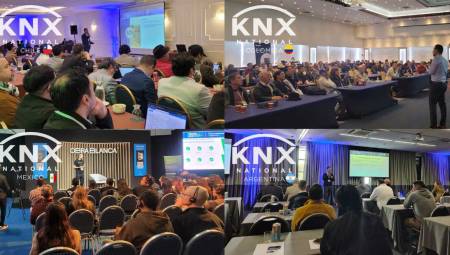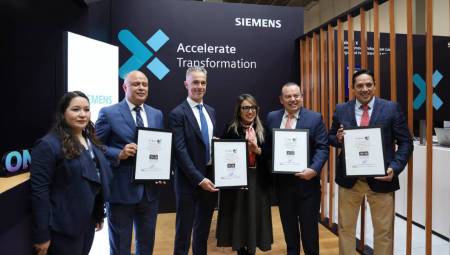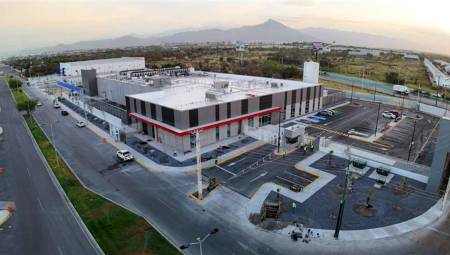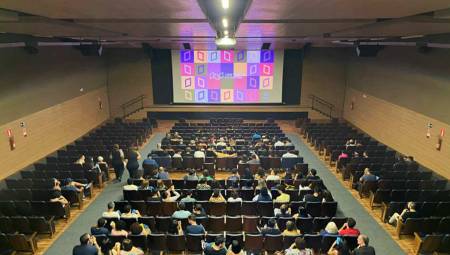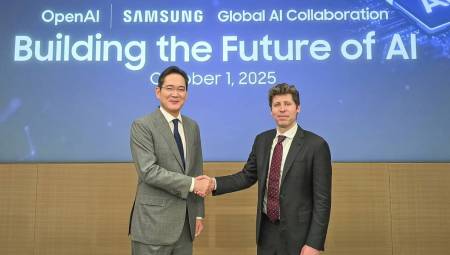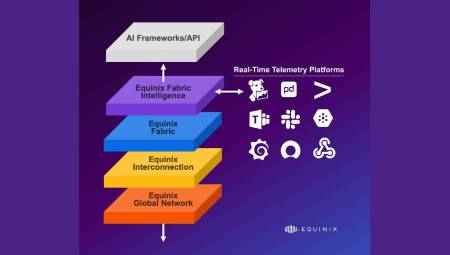Mexico. The use of artificial intelligence (AI) in Mexican retail is growing by leaps and bounds. The emergence of AI has opened up a new era of efficiency and personalization that is reshaping the way we buy, sell, and manage supply chains.
In 2024, the retail AI market reached $508.7 million, and is projected to exceed $1.5 billion by 2030, with an annual growth of 21.1%. The smart retail segment (refers to the adoption of digital technologies in physical stores to improve the customer experience and optimize retail operations) is not far behind: with a value of USD 356.7 million in 2023, it is expected to grow at a breakneck pace of 30.7% per year.
This dynamism is no coincidence. Large supermarket chains are already applying AI in key areas such as logistics, dynamic pricing and customer service, revolutionizing the shopping experience. Automation is reducing operating costs by up to 30% and increasing warehouse productivity by up to 50%. Even fraud has decreased significantly thanks to these technologies.
In addition, Mexican retail has technological allies such as Napse, whose suite of specialized solutions facilitates the incorporation of AI efficiently with human guidance. These tools allow you to integrate physical and digital channels, optimize inventory management in real time, personalize the shopping experience, and offer multiple payment methods with greater agility, reducing transaction times by up to 75%.
However, this technological progress also calls on the retail sector to take care of personal data, avoid social prejudices and seek solutions for job reconversion to promote employment.
In Mexico, consumers are already expressing concerns about excessive data collection and lack of clarity about its use. The Federal Law on the Protection of Personal Data and the Fintech Law seek to establish a balancing framework, but they still face implementation challenges.
Digital ethics must be at the center: auditing algorithms, ensuring transparency in automated decisions, and protecting the most vulnerable users.
Cases such as AI-based credit scoring systems show both the potential and the risks. While they have increased loan approvals by 30%, they could also marginalize those who don't fit into current algorithmic models. More than half of Mexicans still do not have access to formal financial services. While AI can be a tool for inclusion, it must be designed so as not to repeat patterns of exclusion.
The path to truly smart retail in Mexico must include a solid regulatory framework, constant algorithmic audits, and job training focused on the new technological context. Citizen participation is also crucial to build trust and ensure that innovations are not imposed from above, but respond to the real needs of consumers.
In short, the rise of smart retail is a historic opportunity to modernize commerce in Mexico, but also an urgent call to do so with responsibility, social vision and clear ethical principles. If the sector acts with commitment, it will be able not only to lead a technological revolution, but also to ensure that it benefits all of Mexican society.
In this framework, the Napse suite is positioned as a key platform to integrate AI in Mexican retail. These solutions allow retailers of all sizes to unify physical and digital channels, optimize inventories in real time, personalize promotions and offer diverse and agile payment methods.
According to Napse executives, AI facilitates customer personalization and strengthens omnichannel without requiring large investments, which democratizes access to advanced technologies in the sector.
Text written by Martín Malievac, Director of Research and Development at Napse.












